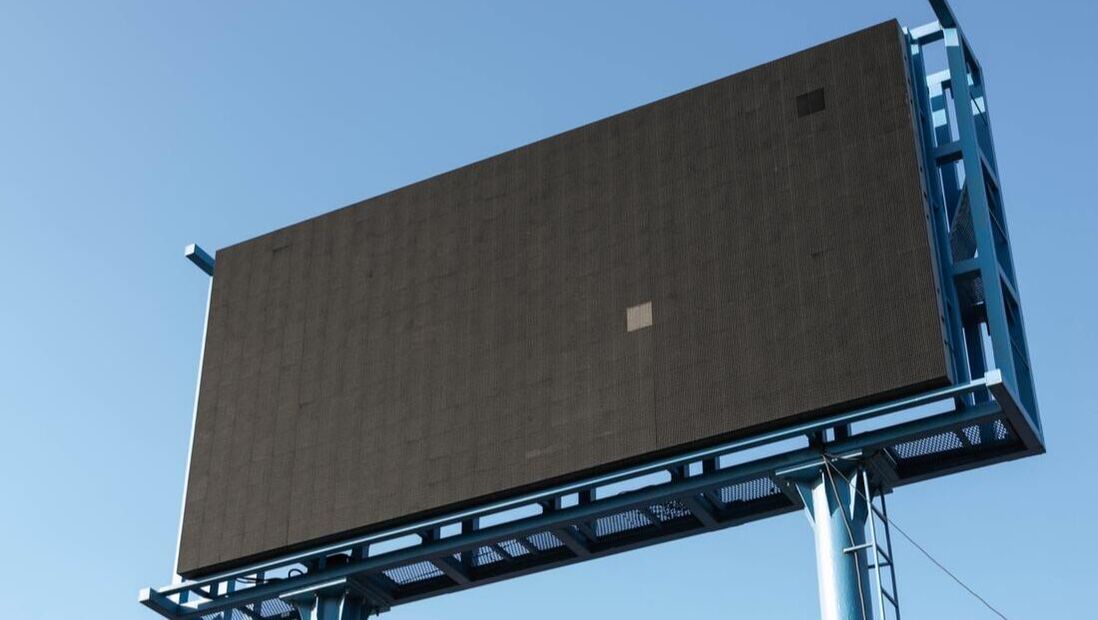|
Death by taxes? Not today: A Cincinnati tax that targeted two billboard companies was ruled unconstitutional by the Ohio Supreme Court.
The court permanently enjoined the city of Cincinnati last week from enforcing an excise tax on billboard advertising that it imposed on two companies in 2018. The billboard operators, Lamar Advantage GP Company and Norton Outdoor Advertising, successfully argued that the tax violates their rights to freedom of speech and a free press under the First Amendment. The struggle between commercial printed media and taxation in this country hails back to the reign of King George III. The Stamp Act of 1765 sought to replenish the British treasury after the empire’s victory over France in the Seven Years’ War. The act taxed newspapers, legal documents and printed materials – from wills to deeds, pamphlets, newspapers and posters. The Stamp Act proved to be an early failure. Taxes levied under the act pushed American colonists to the point of rebellion. A 21st century free speech crisis would have occurred in Cincinnati had the state supreme court not ruled the discriminatory tax unconstitutional. The city enacted the billboard-tax ordinance to raise revenue that would help address a $2.5 million budget deficit and claimed that the tax wasn’t meant to regulate or mitigate the effects of billboards. Lamar and Norton disagreed and filed suit in 2018, citing First Amendment violations. The Ohio Supreme Court ruled in favor of the plaintiffs, concluding that, “The basic premise of the First Amendment is that all present instruments of communication, as well as others that inventive genius may bring into being, shall be free from governmental censorship or prohibition.” Writing for the Supreme Court majority, Justice Sharon L. Kennedy stated that regardless of whether the city intended to censor the billboard messages or not, “a selective tax creates the intolerable potential of self-censorship by the press and abuse by governmental actors aimed to suppress, compel, or punish speech.” She added: “That the tax involves billboards rather than the institutional press is of no consequence.” The billboard companies’ rights as speakers and publishers are protected by the same free speech and press rights as other publishers, the court held. In an interesting side note, the court ruling included an observation that the city’s billboard tax resembles the type of taxes levied under the Stamp Act of 1765. The opinion included this nugget: “One scholar has explained, it was “‘quite likely that [the tax on] paper was more emphatically an immediate cause for the outbreak of the spirit of revolt than the insipid [tea] of which so much has been written.’” The Ohio Supreme Court’s ruling itself is a strong brew. Recent lines of thinking hold that non-profit groups, social media or radio shows might benefit from government regulation of content. The Ohio Supreme Court reminds us that regulation of all forms of communication “that inventive genius may bring into being” is squarely at odds with the First Amendment. Comments are closed.
|
Archives
June 2024
Categories
All
|
ABOUT |
ISSUES |
TAKE ACTION |



 RSS Feed
RSS Feed